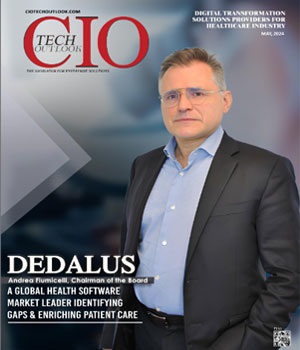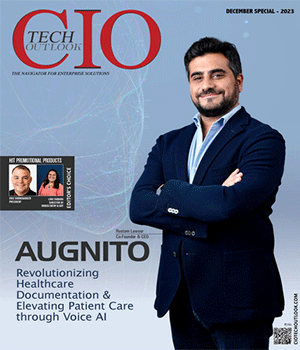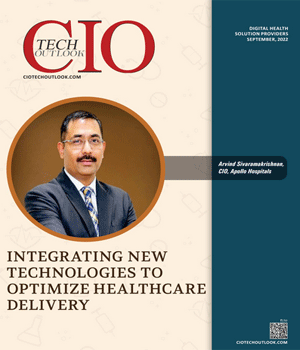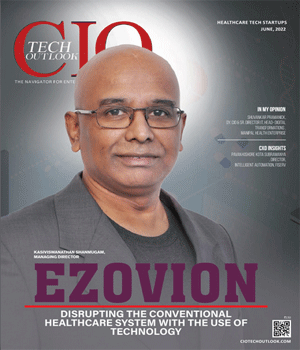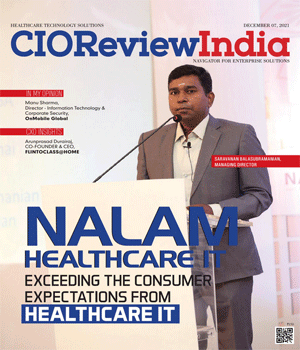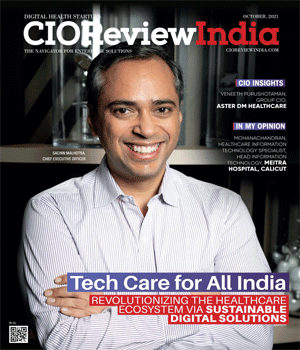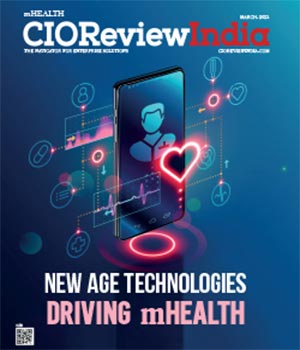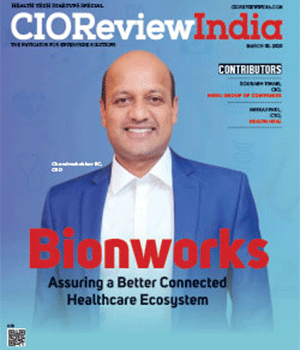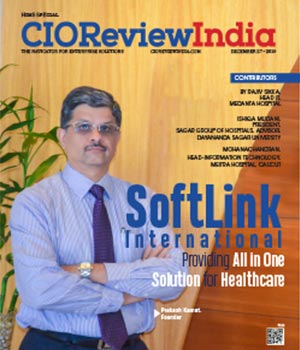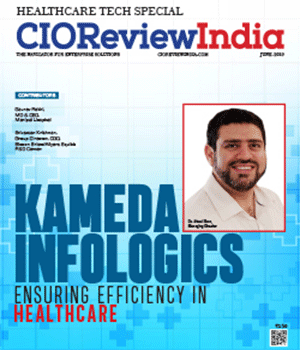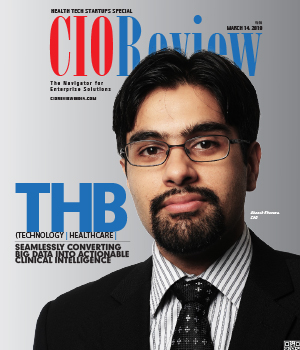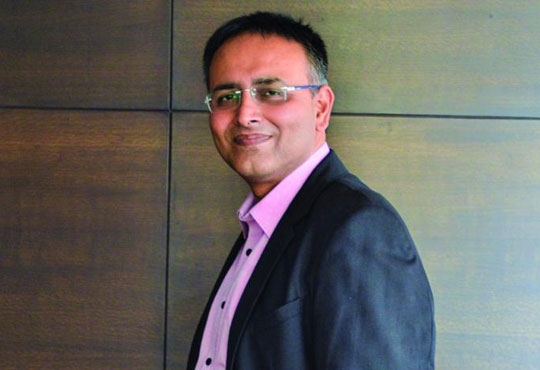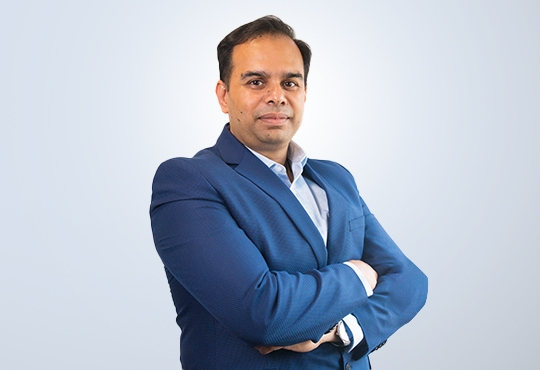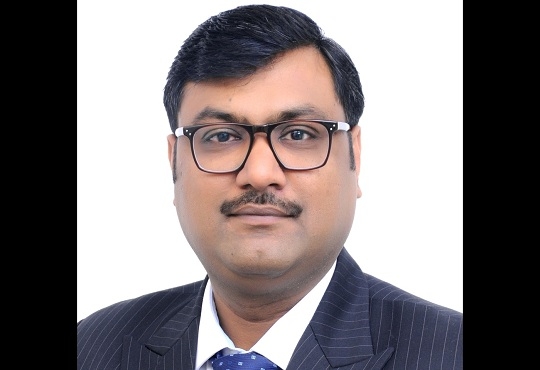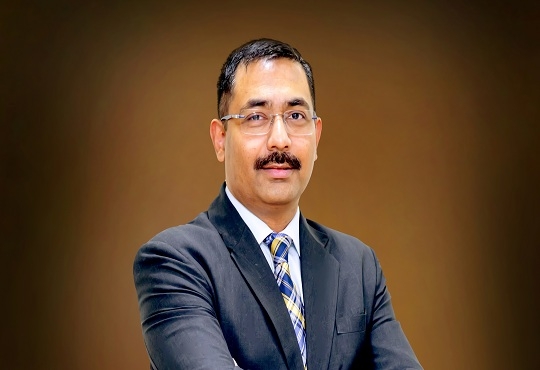
The Future of Healthcare: Technological Advancements in the Next Five Years
Vishal Pathak, content writer | Thursday, 14 September 2023, 06:02 IST
 As technology continues to advance, healthcare is constantly evolving and improving. From high-tech machines to apps that assist in addiction recovery, technology is changing the way we approach healthcare. Over the past few years, we've seen some major breakthroughs that have improved lives for the better. However, this is just the beginning, and we can expect technology to play an even bigger role in healthcare in the next five years.
As technology continues to advance, healthcare is constantly evolving and improving. From high-tech machines to apps that assist in addiction recovery, technology is changing the way we approach healthcare. Over the past few years, we've seen some major breakthroughs that have improved lives for the better. However, this is just the beginning, and we can expect technology to play an even bigger role in healthcare in the next five years.
One significant advancement is tele- medicine, which involves the use of technology to provide medical care remotely. This could include video consultations with doctors, remote monitoring of patients using wearables or other devices, or even robotic surgeries. Telemedicine has the potential to revolutionize healthcare, particularly for people living in remote or underserved areas. Drug rehabilitation centres could benefit from telemedicine by providing remote consultations and therapy sessions to patients.
Artificial intelligence is already being used in healthcare to analyze medical images and help doctors make more accurate diagnoses. In the next five years, we can expect AI to become even more sophisticated. For example, AI could be used to predict which patients are at the highest risk of developing certain conditions, allowing doctors to take preventative measures before the condition develops.
Personalized medicine involves tailoring medical treatments to the specific needs of individual patients. Advances in genetic testing and other technologies mean that it is becoming increasingly possible to identify which treatments are most likely to be effective for a particular patient. This could lead to more targeted and effective treatments, with fewer side effects. Drug rehabilitation centres could use personalized medicine to create tailored treatment plans for patients based on their individual needs.
Virtual reality technology has already been used to help people with mental health conditions, such as anxiety disorders, by providing a safe and controlled environment for exposure therapy. In the next five years, we can expect to see VR being used in other areas of healthcare too. For example, VR could be used to help people with physical disabilities to exercise or to help patients with chronic pain to manage their symptoms.
Blockchain is a technology that allows for secure and transparent record-keeping. In healthcare, blockchain could be used to create secure and decentralized medical records. This would allow patients to own and control their own medical data, and would make it easier for healthcare providers to access medical information when needed. Drug rehabilitation centres could use blockchain technology to keep secure and transparent records of patients' treatment progress.
In conclusion, technological advancements are set to have a significant impact on healthcare in the coming years. From telemedicine to personalized medicine, AI to virtual reality, and blockchain to secure medical records, we can expect significant developments that will improve the quality of care and benefit patients around the world, including those seeking treatment at drug rehabilitation centres.
CIO Viewpoint
Integrating New Technologies to Optimize...
By Abhrasnata Das
Quantum Shift in Healthcare Driven by...
By Abhrasnata Das
Product Adoption: Realizing The Real Value
By Ashish Pandey, CIO, GSK Consumer Healthcare India
CXO Insights
HIT Promotional Products: Fostering Empowerment...
By Eric Shonebarger, President & Lori Thibado, Director of Order Entry & Art
Addressing the Data Management Challenges in...
By Richa Singh
Elevating Patient Experience with Remote...


